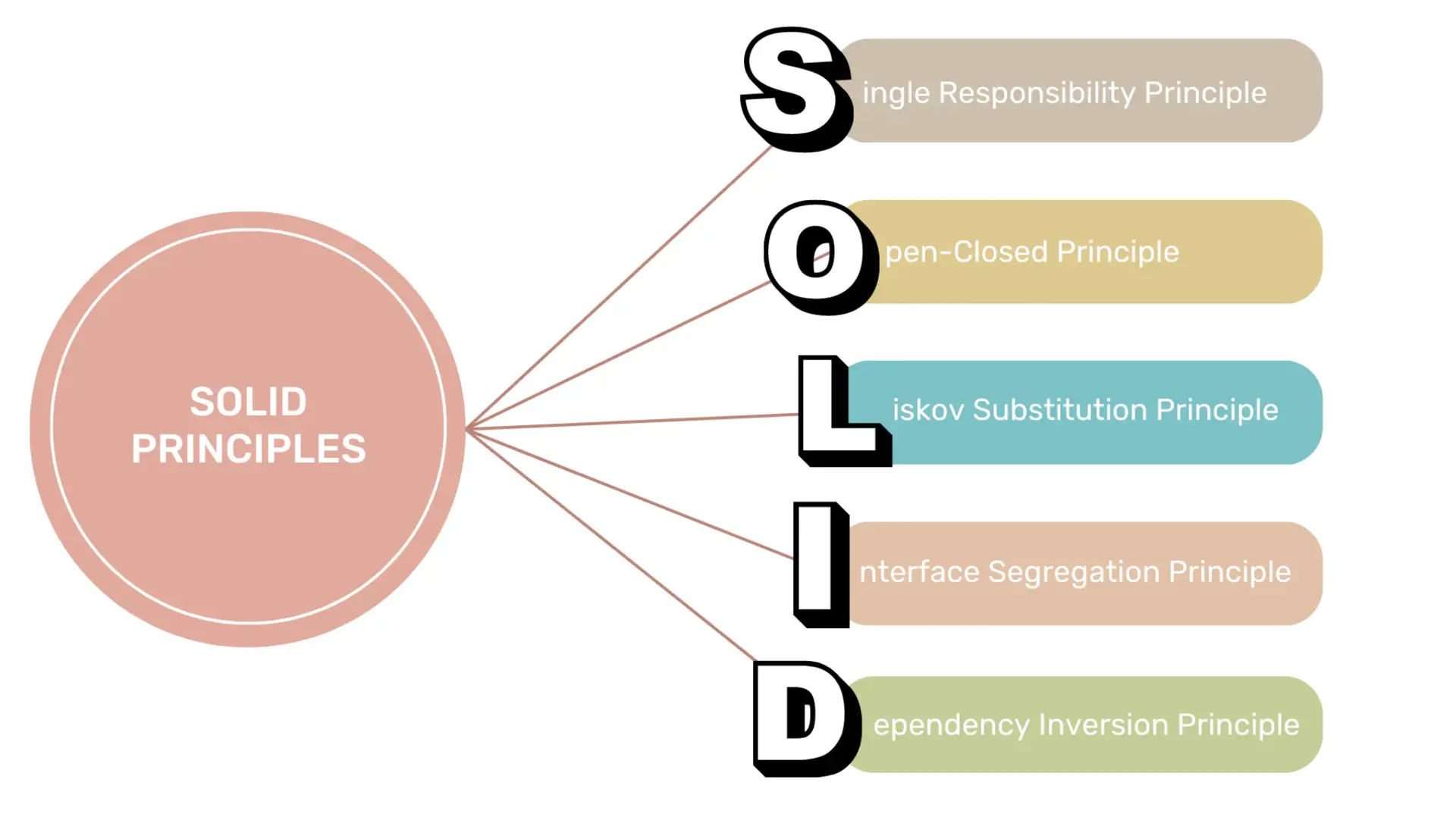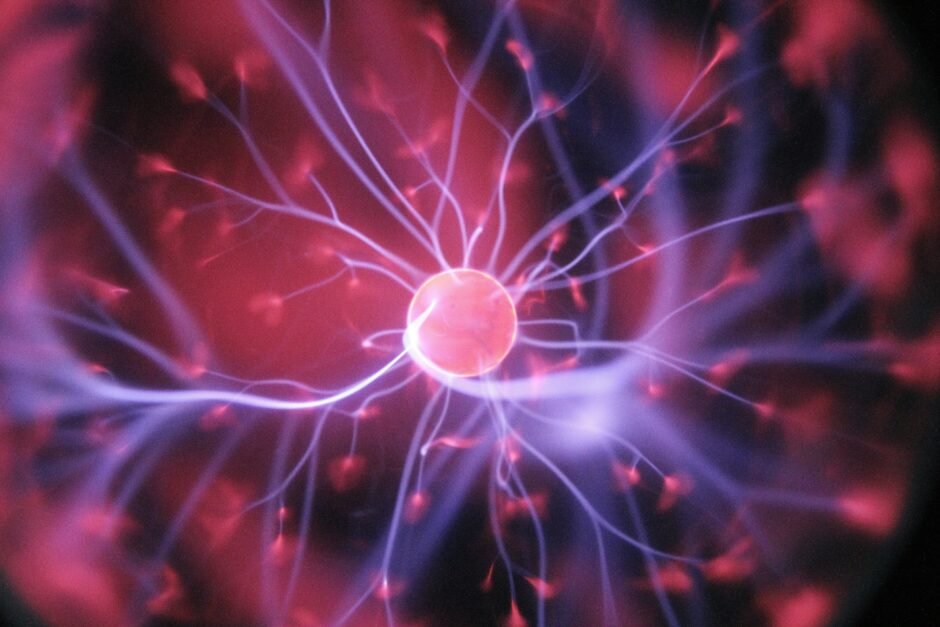Free courses + Google Cloud Courses with question and answers
Free courses + Google Cloud Courses with question and answers
Learning Google Cloud is a transformative journey that equips individuals with the prowess to navigate the cutting-edge landscape of cloud computing.
Free Upgrad courses

Delving into free Google Cloud courses offers multifaceted advantages, from mastering versatile tools like Google Compute Engine, BigQuery, and Kubernetes to understanding scalable solutions for businesses.
Proficiency in Google Cloud opens doors to a vast ecosystem of cloud-based technologies, enabling users to harness the power of data analytics, machine learning, and AI.
It facilitates agile development and deployment, ensuring seamless scalability and robust security measures.
Free Datacamp courses

Moreover, gaining expertise in Google Cloud not only enhances career prospects but also empowers innovation, fostering a deep understanding of how to leverage cloud infrastructure for efficiency, cost-effectiveness, and innovation in diverse industries.
Free Udemy courses

Udemy Google Cloud Courses with big discounted pricing
[ufwp search=”google cloud” items=”99″ template=”grid” grid=”3″ lang=”en” style=”dark”]
Here are 20 multiple-choice questions (MCQs) related to Google Cloud along with their respective answers:
- Compute Engine
Q1. What service within Google Cloud provides scalable virtual machines?
A) Cloud Functions
B) Compute Engine
C) App Engine
D) Cloud Storage
Answer: B) Compute Engine
- Google Cloud Storage
Q2. Which storage class in Google Cloud Storage is designed for data that is frequently accessed?
A) Nearline
B) Coldline
C) Standard
D) Regional
Answer: C) Standard
- BigQuery
Q3. What type of service is Google BigQuery primarily used for?
A) Object storage
B) Data analytics
C) Virtual machines
D) Content delivery
Answer: B) Data analytics
- Cloud Spanner
Q4. Google Cloud Spanner is a:
A) NoSQL database
B) Relational database service
C) Object storage service
D) Data warehouse service
Answer: B) Relational database service

- Kubernetes
Q5. What does Kubernetes primarily facilitate?
A) Cloud monitoring
B) Container orchestration
C) Data warehousing
D) Network security
Answer: B) Container orchestration
- IAM
Q6. IAM in Google Cloud stands for:
A) Intelligent Access Management
B) Identity and Authorization Management
C) Infrastructure Access Management
D) Identity and Access Management
Answer: D) Identity and Access Management
- Cloud Functions
Q7. Which Google Cloud service allows you to run code in response to events without managing server infrastructure?
A) App Engine
B) Cloud Functions
C) Compute Engine
D) Cloud Run
Answer: B) Cloud Functions
- Bigtable
Q8. Which service in Google Cloud is a fully managed NoSQL database service for large analytical and operational workloads?
A) Firestore
B) Bigtable
C) Cloud SQL
D) Spanner
Answer: B) Bigtable
- Cloud Pub/Sub
Q9. What is the primary purpose of Cloud Pub/Sub in Google Cloud?
A) Data analysis
B) Real-time messaging
C) Object storage
D) Containerization
Answer: B) Real-time messaging
- Cloud SQL
Q10. Which relational database service in Google Cloud is fully managed?
A) Cloud Spanner
B) Cloud Bigtable
C) Cloud SQL
D) Firestore
Answer: C) Cloud SQL
- Cloud CDN
Q11. What does Cloud CDN in Google Cloud provide?
A) Cloud-based domain naming
B) Distributed denial-of-service protection
C) Content delivery network
D) Cloud-based domain registration
Answer: C) Content delivery network
- AutoML
Q12. What does AutoML offer in Google Cloud?
A) Managed machine learning models
B) Automated network configuration
C) Cloud-based development environments
D) Serverless computing instances
Answer: A) Managed machine learning models
- Cloud IAM Policies
Q13. What do Cloud IAM policies manage within Google Cloud?
A) Virtual machine instances
B) Identity and access permissions
C) Container images
D) Data encryption keys
Answer: B) Identity and access permissions
- Cloud Run
Q14. Which service in Google Cloud allows you to run containers on a fully managed serverless platform?
A) Cloud Functions
B) App Engine
C) Cloud Run
D) Compute Engine
Answer: C) Cloud Run
- Cloud Armor
Q15. What does Cloud Armor provide in Google Cloud?
A) Load balancing
B) DDoS protection
C) Firewall rules
D) Content delivery network
Answer: B) DDoS protection
- Firestore
Q16. What type of database is Firestore in Google Cloud?
A) Relational database
B) NoSQL database
C) In-memory database
D) Object-oriented database
Answer: B) NoSQL database

- Anthos
Q17. What does Google Anthos primarily enable?
A) Hybrid and multi-cloud application management
B) Data warehousing
C) Serverless computing
D) Container orchestration
Answer: A) Hybrid and multi-cloud application management
- Cloud Logging
Q18. What is the primary purpose of Cloud Logging in Google Cloud?
A) Application performance monitoring
B) Storing user session data
C) Creating virtual machines
D) Data analytics
Answer: A) Application performance monitoring
- Cloud Scheduler
Q19. Which service allows you to automate the execution of recurring tasks in Google Cloud?
A) Cloud Functions
B) Cloud Scheduler
C) App Engine
D) Cloud Tasks
Answer: B) Cloud Scheduler

- Cloud Memorystore
Q20. What service provides a fully managed in-memory data store service in Google Cloud?
A) Cloud SQL
B) Cloud Datastore
C) Cloud Spanner
D) Cloud Memorystore
Answer: D) Cloud Memorystore






































